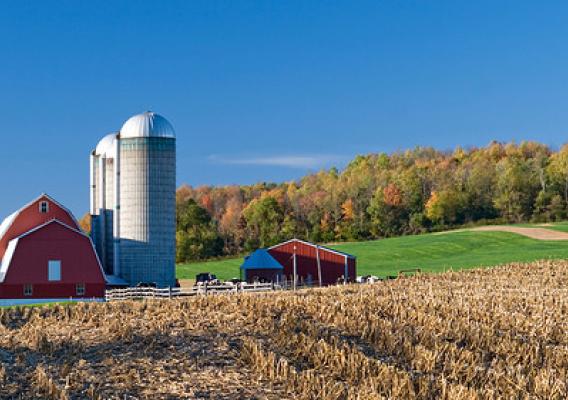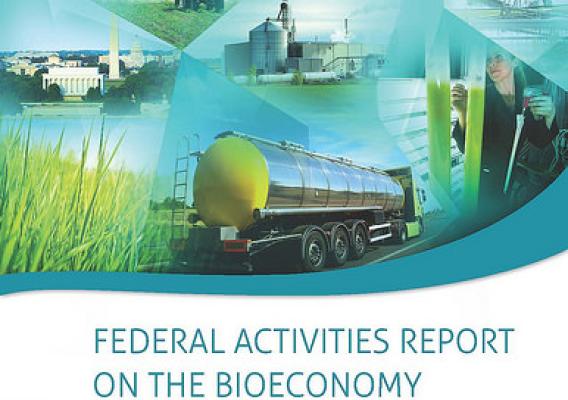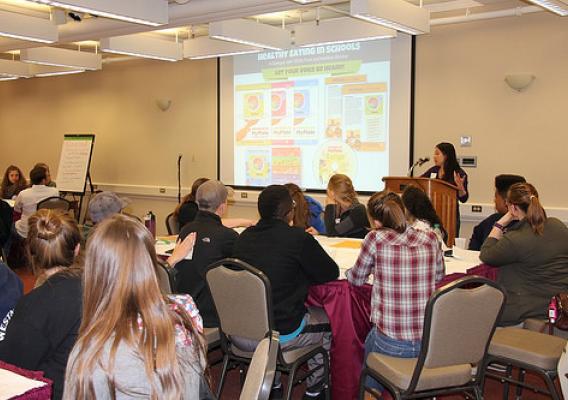5/4/2016 UPDATE:
Bioeconomy Webinar Information:
Thursday, May 5, 2 p.m.–4 p.m. Eastern Time
Session Link: https://thinktank.inl.gov/login.html?sessionID=59
Session Passkey: 123
Call in: +1 (562) 247-8422
Access Code: 287-084-886
The USDA and other federal agencies recently released the Federal Activities Report on the Bioeconomy (FARB) documenting federal agency activities aimed at helping to develop and support the "bioeconomy" - an emerging part of the overall U.S. economy. Emphasis is specifically placed on the production and use of biofuels, bioproducts, and biopower. USDA Chief Scientist and Under Secretary for Research, Education, and Economics (REE), Dr. Catherine Woteki, stresses these fuels, power, and products are produced using biomass--agricultural residues, grasses, energy crops, forestry trimmings, algae, and other sources--instead of fossil fuels.
The report also delves into the Billion Ton Bioeconomy Vision, an effort coordinated through the Biomass Research and Development (R&D) Board. Comprised of industry experts from the Departments of Energy (DOE), Agriculture (USDA), Interior (DOI), Transportation (DOT), Defense (DoD), and the Environmental Protection Agency (EPA), the National Science Foundation (NSF), and the Office of Science and Technology Policy (OSTP), the Board is committed to collaboration among federal agencies on bioeconomy conceptions working to triple the size of today’s bioeconomy by 2030—to more than a billion tons of biomass.










